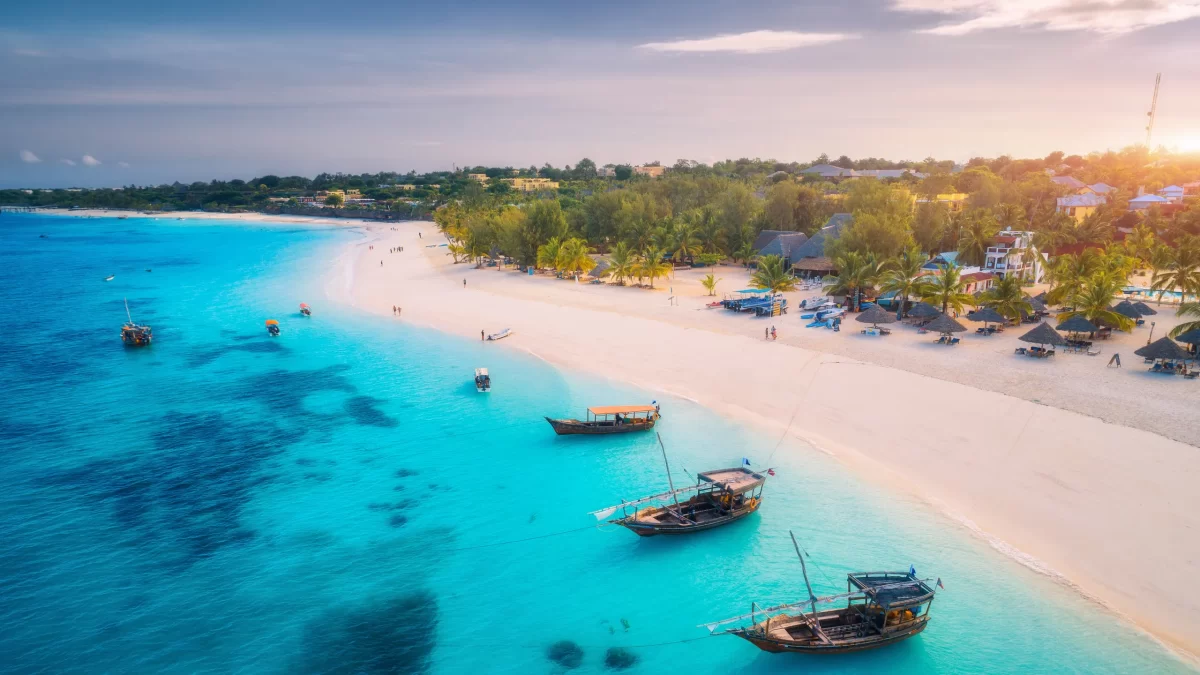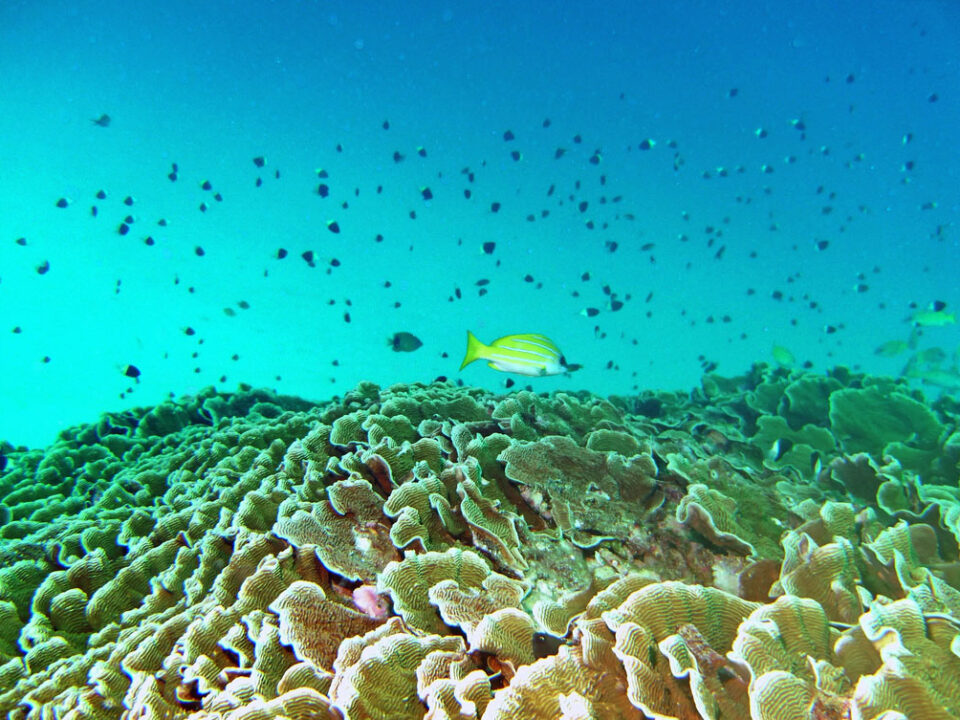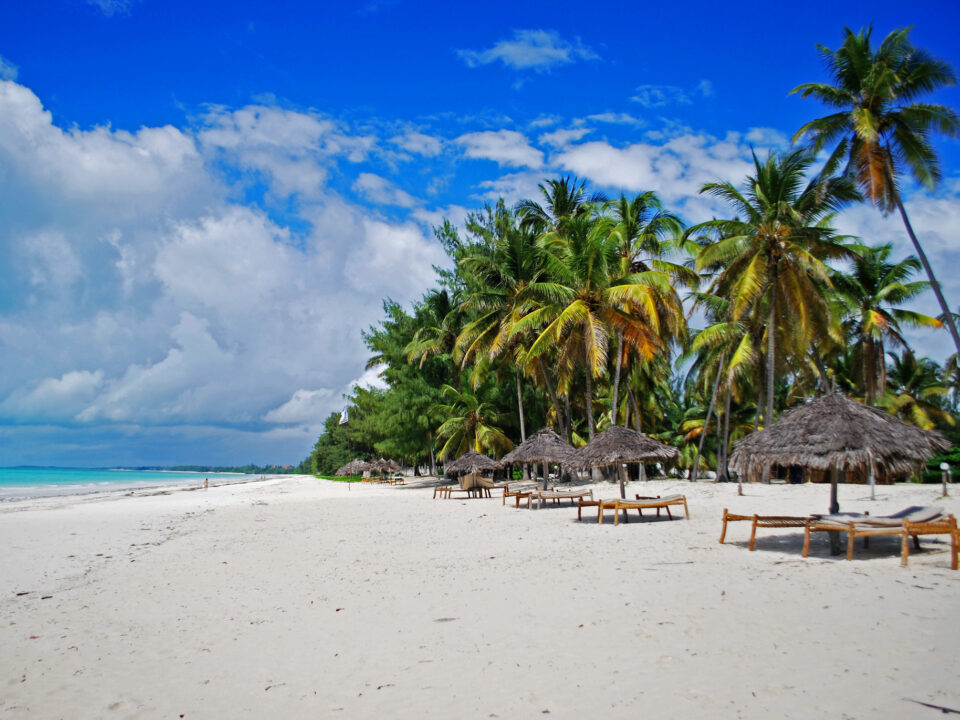Best Time for a Beach Holiday in Zanzibar

Africa Big 5 Animals in Uganda
January 12, 2024
Lake Victoria fishing Safaris & Tours
January 12, 2024Best Time for a Beach Holiday in Zanzibar – Optimal Periods for a Zanzibar Beach Retreat
Determining the best time for a beach holiday in Zanzibar unveils two distinct windows, each offering its unique charm. The prime season spans from June to October, characterized by cooler temperatures and the dry allure of spring. Alternatively, the island beckons visitors from December to February, promising hot and dry conditions. An African beach holiday on Zanzibar Island translates to sun-drenched shores, palm-fringed beaches, and mesmerizing sunsets, creating an idyllic escape.
Scuba Diving Highlights
For enthusiasts of underwater exploration, Zanzibar presents two optimal periods for scuba diving adventures. The months of July and August, as well as February and March, offer exceptional conditions to delve into the vibrant marine life surrounding the island. Diving off the North Coast is particularly rewarding from June to October, while the South Coast beckons divers between November and March.
Strategic Recommendations for Zanzibar Travel
Trek Africa Expeditions advises against visiting Zanzibar during the two rainy seasons, spanning from mid-March to late May and again in November. The ideal time to embark on a Zanzibar journey depends on various factors, including personal interests, specific destinations, and travel motivations. Weather and climate emerge as pivotal considerations for an African beach holiday.
Zanzibar’s Climate Dynamics
Zanzibar Island’s climate closely mirrors that of Tanzania, with a touch of added humidity and occasional rain during the dry season. Weather patterns, influenced by global warming, introduce a degree of unpredictability. Zanzibar experiences the primary rainy season, the ‘long rains,’ from March to May, marked by afternoon tropical downpours and temperatures in the low to mid-30s Celsius.
The extended dry season spans June to October, offering clear skies, sunny weather, and minimal rainfall. November and December usher in the ‘short rains,’ a lighter rainy season before a brief dry spell in January and February, known as Tanzania’s ‘short dry season.’ March marks the return of significant rainfall, signaling the onset of another rainy season.
Zanzibar’s Tropical Climate
Focusing on the main island, Unguja, the tropical climate near the Equator prevails, characterized by high temperatures year-round, exceeding 29°C during the day. Nighttime temperatures never dip below 18°C throughout the year. The Indian Ocean maintains inviting water temperatures, ranging from 25°C in August to 30°C in March.
Rainy Seasons and Transitioning Weather
Zanzibar experiences a short rainy season with the Kaskazi monsoon in November and December, featuring light rains. The latter half of December is particularly pleasant. The more pronounced Zanzibar rainy season unfolds from mid-March to the end of May, bringing changeable weather conditions and temporary closures of some hotels.
Wildebeest Migration Combo
For an extraordinary African safari holiday, consider combining a wildebeest migration safari with a sojourn on Zanzibar’s beaches. This captivating spectacle, where over a million wildebeests traverse the Serengeti National Park, can be witnessed throughout the year with proper planning. Trek Africa Expeditions can provide details on the wildebeest migration and guide you on the best times and locations for an unparalleled African safari experience.




